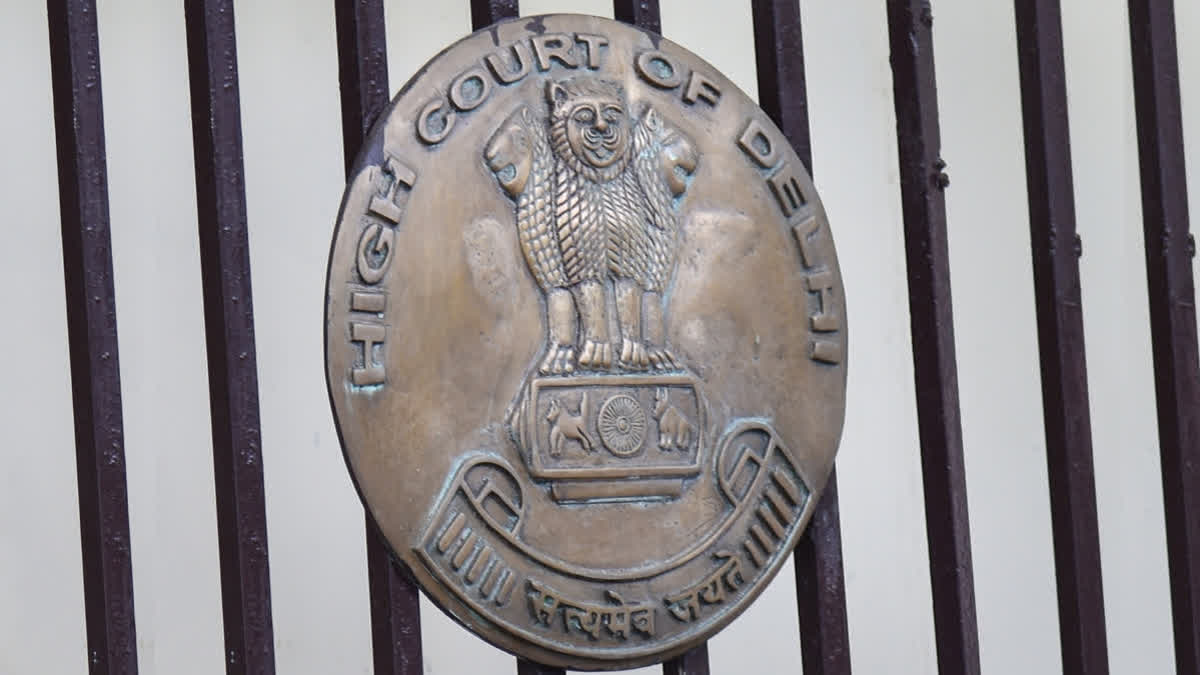New Delhi: The Delhi High Court on Wednesday sought the stand of the CBI over a plea seeking the court-monitored investigation into the alleged quid pro quo and corruption in donations made through electoral bonds to various political parties. A bench comprising Acting Chief Justice Vibhu Bakhru and Justice Tushar Rao Gedela, while clarifying it was not examining the allegations, asked the CBI counsel to seek instructions and said the plea did not seem to be bonafide and was pushing a "roving and fishing inquiry".
"You are building edifice on quid pro quo. This appears to be a roving and fishing inquiry.. This is seeming to be a petition that is without any material. This does not seem bona fide," it said. The CBI counsel raised a preliminary objection saying the petition was not maintainable.
"The scope of the petition is limited. Complaint is made. Reject it if you want. Take instructions. We are not telling you how you deal with a complaint," the court told the CBI counsel. The counsel for the petitioner said a case for ordering a probe was made out in view of the disclosure following the Supreme Court's judgement scrapping the electoral bonds scheme, and urged the court to direct the CBI to file an affidavit.
The court refused his plea and posted the hearing in January, 2025. Petitioner Sudip Narayan Tamankar, who claims to be an activist espousing the cause of public interest, sought a direction for a court-monitored investigation by the CBI into his April 18, 2024, complaint pursuant to a Supreme Court court passed on August 2.
Tamankar, in his plea, said the electoral bond scheme created an opaque electoral funding veil for quid pro quo arrangements between corporate entities and the political parties. A five-judge Constitution bench of the Supreme Court on February 15 scrapped the electoral bonds scheme of anonymous political funding introduced by the BJP government.
Following the top court's judgement, the State Bank of India, the authorised financial institution under the scheme, shared the data with the EC, which made it public subsequently. The electoral bonds scheme notified by the government on January 2, 2018, was pitched as an alternative to cash donations made to political parties as part of its efforts to bring in transparency in political funding.
Tamankar previously filed a petition before the Supreme Court with a similar prayer. On August 2, the top court rejected a batch of pleas seeking a court-monitored investigation into the electoral bonds scheme while observing it couldn't order a roving inquiry.
The apex court said it would be “premature” and “inappropriate” to order a probe under a retired judge when the remedies available under the ordinary law governing criminal law procedure had not been invoked. It said it cannot order a roving inquiry into purchase of electoral bonds on the assumption of a quid pro quo for award of contract.
The apex court also said where there was a refusal to investigate or a closure report was filed, recourse could be taken to appropriate remedies under the law governing criminal procedure or Article 226 of the Constitution.



